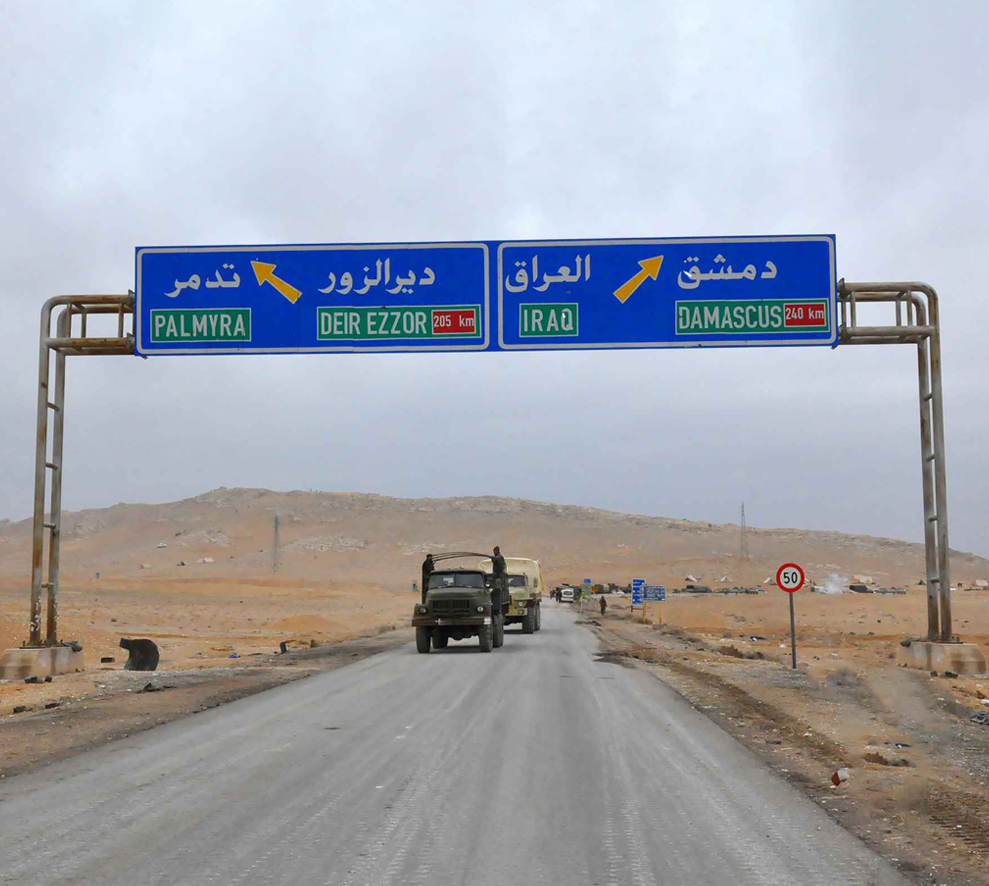Analyses
Politics
test promoted
Politics
Real clear world: A former terrorist inside the white house
Politics
NYT: The President and A Former Terrorist Meet at the White House
Politics
The Syrian Unity Predicament: Files of Sovereignty, Security, and the Kurdish Issue
Palestinian-Israeli conflict
Trump’s Plan: Second Phase Scenarios
Filter by:
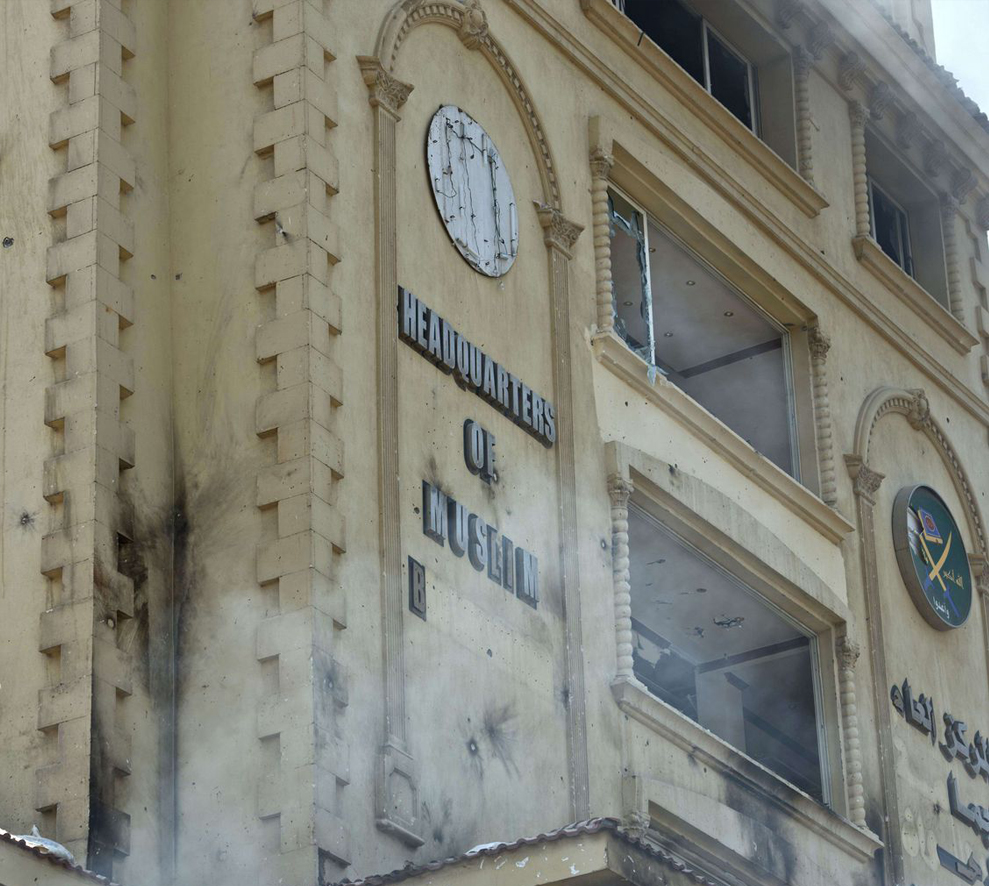
Problematic Relationship Between Muslim Brotherhood And Civil Society: From Foundation To Fall
Since its establishment, the Muslim Brotherhood sought to engage in civil society in order to gain support and legitimacy among the general public. This continued until 2013, when the group adopted an approach close to Western ideas, therefore; this paper seeks to clarify and discover the characteristics of the Muslim Brotherhood's position on civil civic work, and also how the group dealt and employed such work at different stages.
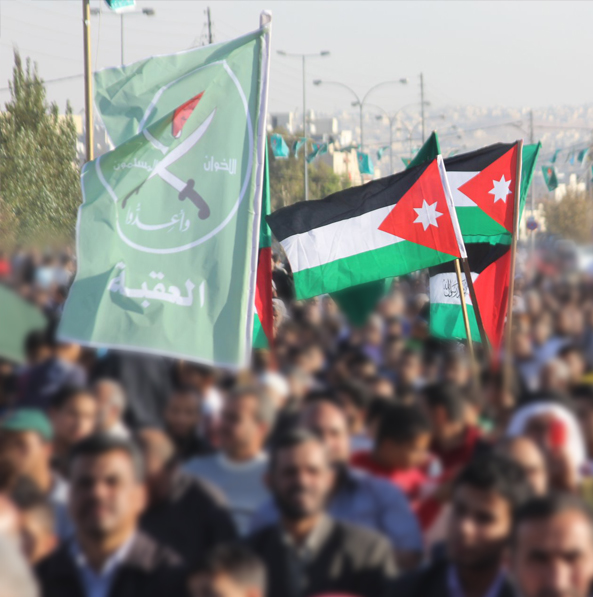
Jordan's Official Approach towards the Muslim Brotherhood
The paper addresses Jordan's official approach towards the Muslim Brotherhood from formation until the so-called "Arab Spring". This paper is a continuation of two previous papers that have discussed the experience of the Muslim Brotherhood in Jordan since its establishment in 1945, and the role of cross-border ideology in defining the group's political and partisan practices in Jordan.
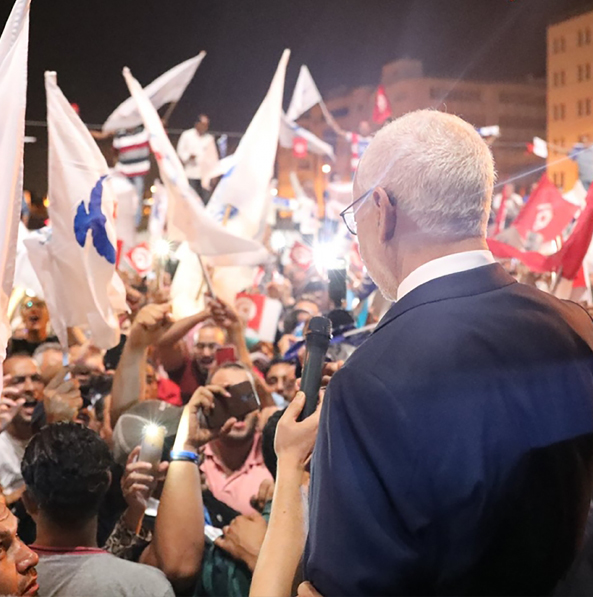
Political Islam: A Critique of Discourse and Content
This paper sheds light on the ideology of Political Islam groups during the seventies and eighties of the past century, and the impact this ideology made on how these groups dealing with concepts of authority, in addition to how they judged, from their narrow perspective associated with their partisan organizations and misperceptions.
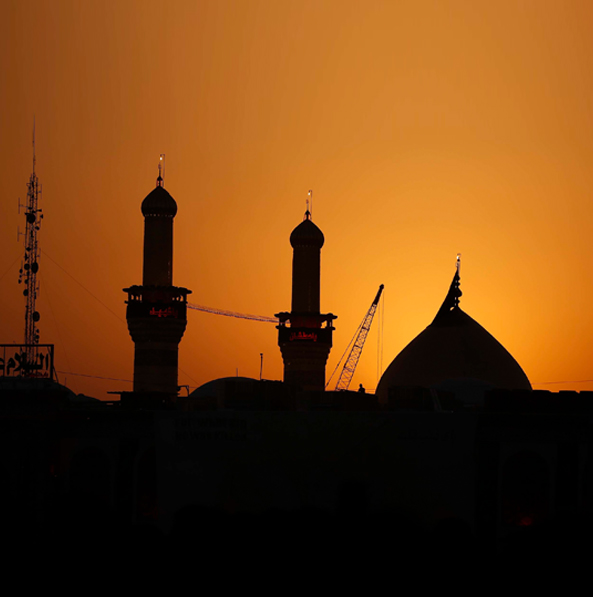
TOWARDS EFFECTIVE ARAB SHI'ISM AND HAWZA: THE CONCEPT, THE PROBLEMS, AND THE CHALLENGES
This paper highlights the emergence of contemporary Arab Shi'ism, its features, and its distinction from political Shi'ism, that has its ideological and intellectual reference associated with the "al-Wali al-Faqih", in addition to the ways available to enable "Arab Shi'ism" in the face of the excessive expansion of Iranian Shi'ism.
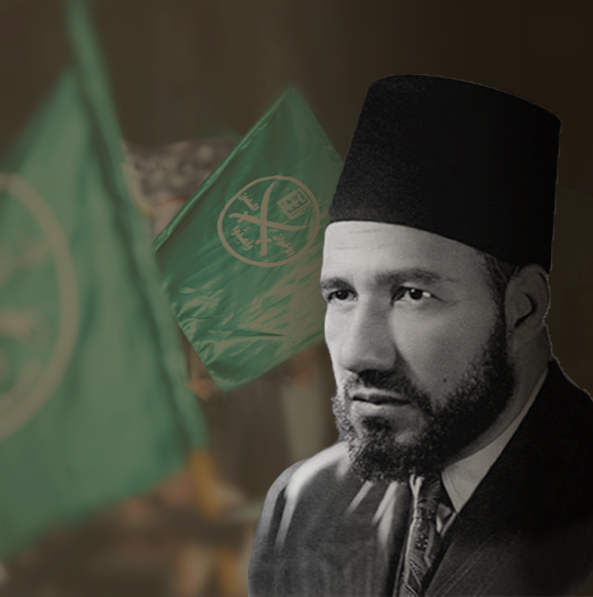
CITIZENSHIP IN THE LEGACIES AND LITERATURE OF THE MUSLIM BROTHERHOOD
This paper presents a critical reading to the intellectual and educational aspects of the Muslim Brotherhood rhetoric related to citizenship, along with demonstrating the citizenship's urgent need for revisions and renewals, in order to conform with the requirements of our modern age, aside from the Muslim's Brotherhood's inherited speeches and letters from Hasan al-Banna and others.
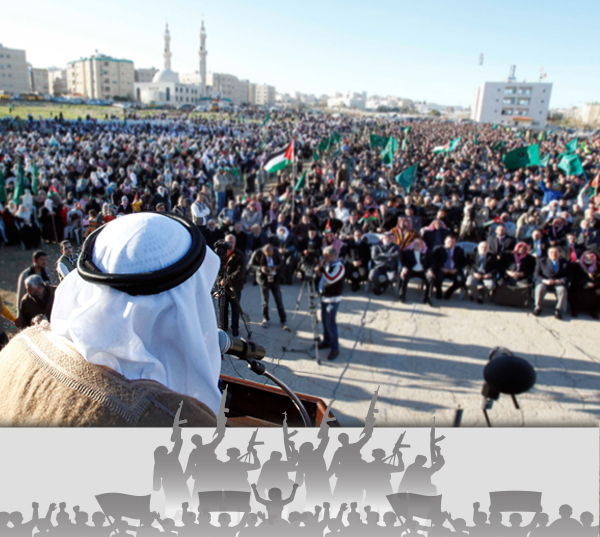
The Muslim Brotherhood in Jordan: Regional Role and Transnational Ideology
The paper aims to analyze the role of transnational ideology, in the partisan and political practices of the Muslim Brotherhood in Jordan, and its implications for the group's regional role, whether in its relations with the group's branches in Egypt, Syria, Palestine, or in some regional countries, such as Iran and Turkey.
-%D8%AE%D8%B7%D8%A7%D8%A8-%D8%A7%D9%84%D8%A7%D8%B3%D9%84%D8%A7%D9%85-%D8%A7%D9%84%D8%B3%D9%8A%D8%A7%D8%B3%D9%8A.jpg)
Political Islam Discourse: Between Employing the Crisis and the Crisis of Employment
This paper seeks to, partially, analyze the employing the crisis of the historical bitterness in the West's relationship with the Islamic world, in the discourse of political Islam groups, besides the crisis of the using symbols. In addition to analyze the problem of relating Islam, as a global religion, with Dawa'a (the call to believe in Islam) a partisan concept.
.jpg-%D8%AA%D9%81%D9%83%D9%8A%D9%83-%D8%A7%D9%95%D8%B4%D9%83%D8%A7%D9%84%D9%8A%D8%A7%D8%AA-%D8%A7%D9%84%D8%A7%D8%B1%D9%87%D8%A7%D8%A8.jpg)
THE MUSLIM BROTHERHOOD: ANALYZING THE PROBLEMS OF ATTITUDE TOWARDS EXTREMISM AND TERRORISM
This opinion article contains many historical and contemporary evidence that document the structural and ideological connection between the Muslim Brotherhood and terrorist organizations, by analyzing the elements of their relationship at multiple levels of emergence, discourse, approach, and strategies.
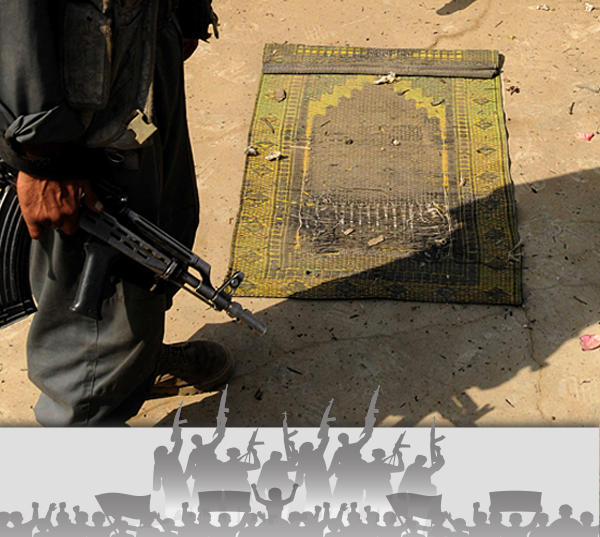
Political Islam’s Crisis of Thought and Practice
This opinion article discusses the series of collapses, which the political Islam groups faced while in power after 2011, represent a political inevitability that has its indicators and signs in the intellectual roots of those groups and their practices throughout history.
